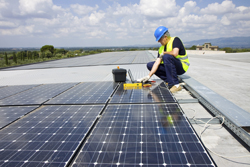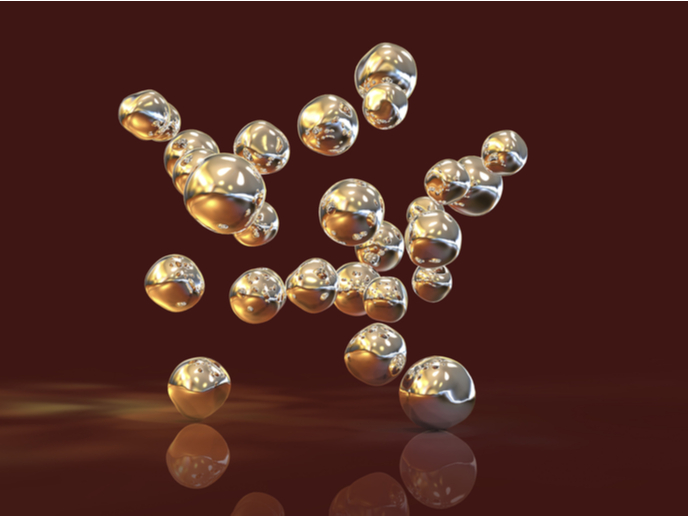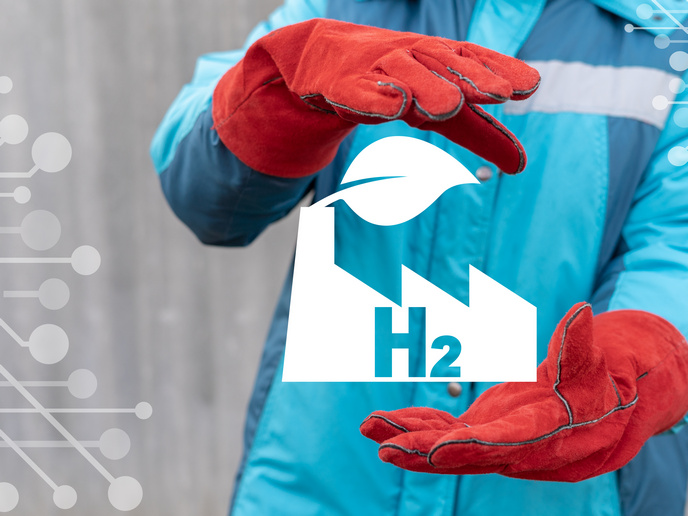Higher-efficiency solar panels with no increase in price
Traditional solar panels rely on large amounts of silicon to harvest energy from sunlight. Recent attempts to improve efficiency, such as through the use of thinner silicon layers, have not had the expected impact and a radical new approach is required. The EU funded a project called 'Active solar panel initiative' (ASPIS) to design and test a new type of solar panel. This design used Sun tracking and focusing lenses to decrease the amount of silicon needed to produce a standard amount of power. Project partners modelled and designed the panels, and completed comprehensive simulations to test for stress and function in the long term. Researchers then built three prototypes over the three-year project period to test their design. The third and most advanced prototype was drastically changed to reduce the weight and cost of construction without sacrificing efficiency. ASPIS involved several companies in the design and testing process, all of which reported commercial gains or increased knowledge as a direct result of the project. ASPIS was also responsible for developing several new electromechanical systems that are widely applicable in the industry. The original goal of the ASPIS project was to make PV energy as cheap as grid energy. While researchers may not have achieved this yet, the gains in production efficiency and expertise made so far are invaluable.







